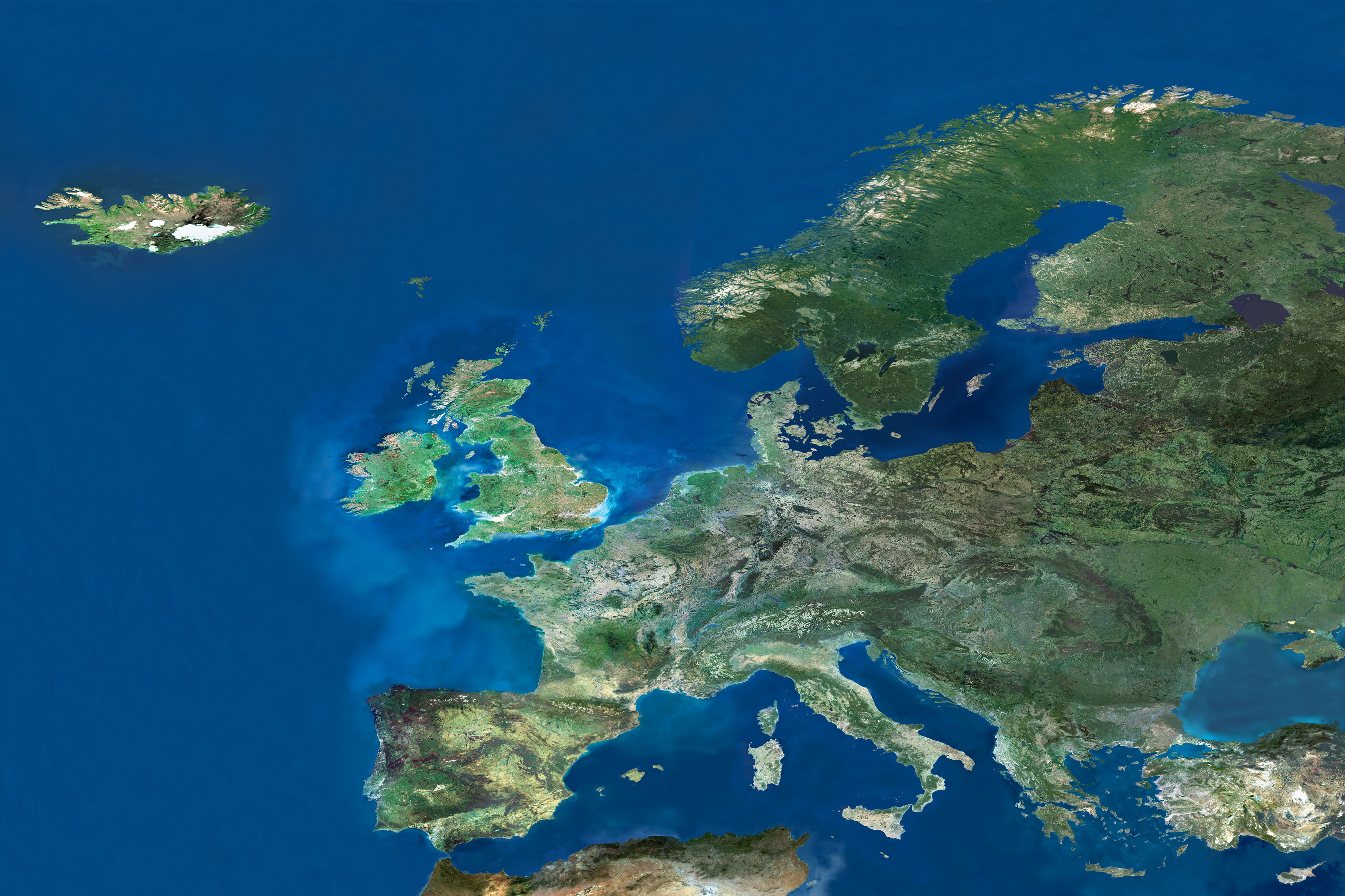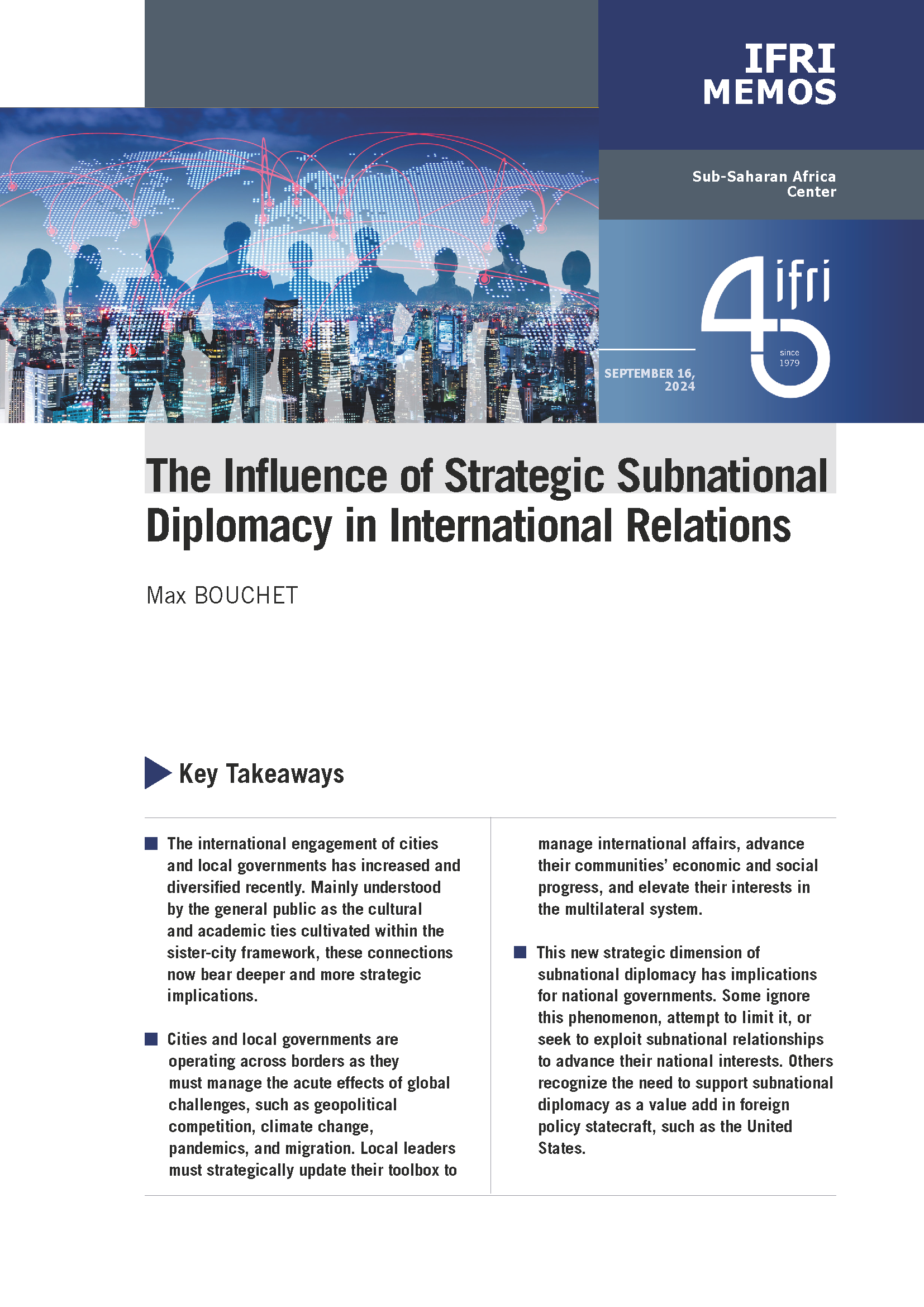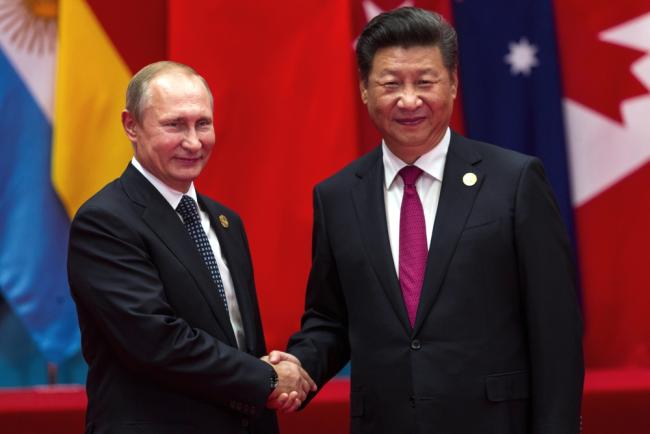2012, a turning point for Europe in space

In 2012, several crucial decisions lie ahead, most notably at the ESA Ministerial Council next fall and regarding the status of space within the next MFF of the EU. These will reveal the degree of political will to pursue an ambitious ESP in times of economic and financial constraint.
2012 is likely to be a serious test year for the European Space Policy (ESP), with several crucial decisions ahead, most notably at the ESA Council at Ministerial level next fall and regarding the status of space within the next Multiannual Financial Framework (MFF) of the EU (European Union). These decisions will have mid- to long-term consequences, and will also reveal the degree of political will to pursue an ambitious ESP in times of economic and financial constraint.
2011 has been a prolific and successful year for the ESP. The past months were marked by high-profile successes: the second flawless docking of the Automated Transfer Vehicle (ATV) to the International Space Station (ISS), the first flight of the Europeanised Soyuz launcher carrying the first two operational Galileo satellites, the important discoveries and observations made by the Herschel, Cryosat, Proba-2 and Mars Express missions, the approval of the Meteosat Third Generation (MTG) programme, one of the most complex space projects ever initiated by Europe, or the launch of the first French high resolution and dual-use Earth observation (EO) satellite Pléiades. At the same time, governance and funding issues continued to burden the ESP – epitomised in the harsh conflict over the future of the Global Monitoring for Environment and Security (GMES) programme. Similarly, issues as important as the future launcher policy, the ISS policy or the exploration strategy are still marked by uncertainty.
This paradoxical situation is very much representative of Europe’s efforts in space. Despite the absence of a state-centric and unitary political dynamic, Europe is a leading space power at the global level. However, this balance between scientific and technological successes and cumbersome political bargaining is fragile. Two years after the adoption of the Lisbon Treaty, which gave both new competences and new responsibilities to the EU in space, the question remains the same: will Europe remain a major spacefaring actor, or is it going to decline in a context of economic crisis, increasing global competition and persisting internal deadlocks?
To understand what is at stake in the upcoming months, it is necessary to analyse the context in which decisions will be taken, focusing in particular on enabling and constraining factors. In this respect, we will first identify the structural trends framing the decision-making process, both at the external and internal level (1). On the basis of these elements, specific focuses will be put on the two flagship programmes (2), on the issues to be discussed at the ESA Council (3) and on space and security (4).

Also available in:
ISBN / ISSN
Share
Download the full analysis
This page contains only a summary of our work. If you would like to have access to all the information from our research on the subject, you can download the full version in PDF format.
2012, a turning point for Europe in space
Find out more
Discover all our analysesChina-Russia Cooperation in Space: The Reality behind the Speeches
China-Russia cooperation in space has been increasing for the past two decades. This cooperation accelerated after the Crimea crisis in 2014 and culminated with the announcement in 2021 of the joint construction of the International Lunar Research Station (ILRS).
Space in a Changing Environment: a European Point of View
The development of European space activities has long been pursued under the framework of the European Space Agency and other national space agencies. More recently, the emergence of the European Union as a new actor for space has paved the way for a series of initiatives and opportunities.
The Use of Space for Maritime Security in Europe
The EU is currently developing a Maritime Security Strategy. Space should be integrated in that effort, given its potential for maritime surveillance.
Space Weather and NEOs in the European Space Policy
Although often overshadowed by a focus on security concerns, Space weather and NEOs are important elements of Europe’s SSA program.










